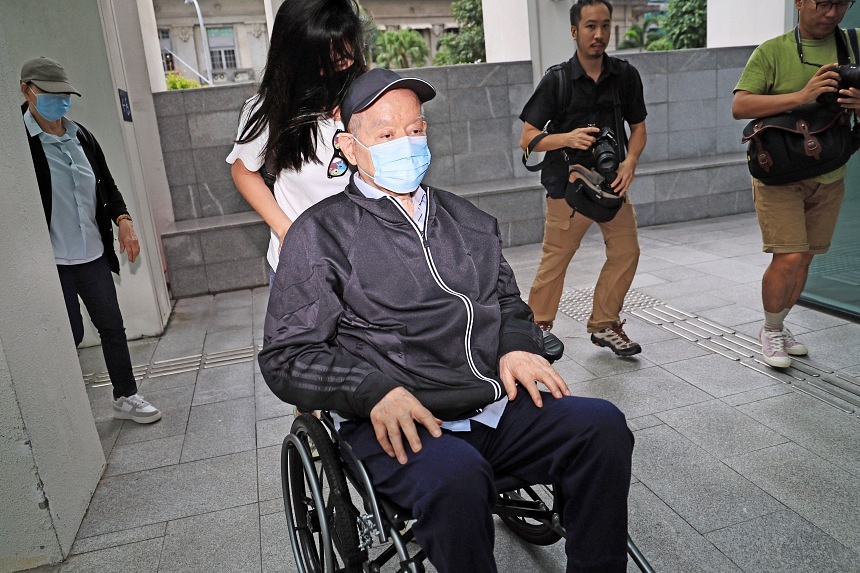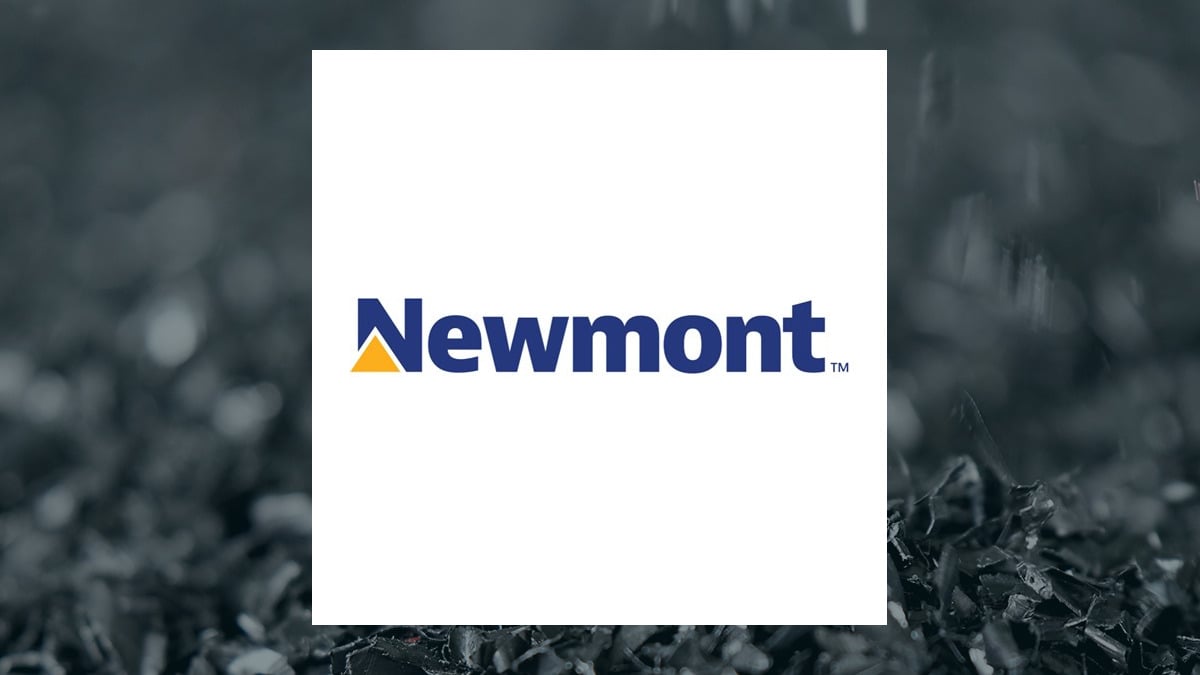
Hin Leong founder Lim Oon Kuin arriving at the State Courts on Nov 18. SINGAPORE – The dramatic downfall of fabled oil trading giant Hin Leong in 2020, which sent shockwaves through the oil community and was followed by four years of intense legal battles in State Courts and High Court, culminated on Nov 18 in the sentencing of its octogenarian founder and oil trading legend Lim Oon Kuin to 17 years and six months’ jail. O.
K. Lim, as the 82-year-old is better known, has appealed his conviction and sentence, and his bail of $4 million has been extended. Even with a one-third remission of his sentence, Lim would only be released from prison when he is 94 years or 95 years old.
Kennedys Legal Solutions partner Robson Lee said that the sentence “reflects the seriousness of the criminal convictions against Lim. The integrity and Singapore’s reputation as a trade financing hub necessitates a robust enforcement of our laws against fraud and any acts of criminal conduct”. At his peak, Lim made the Forbes list of billionaires in 2014 with a net worth of US$1.
8 billion (S$2.42 billion). But in April 2020, he dropped off the list after Hin Leong filed for bankruptcy protection and he admitted he had directed the firm to hide about US$800 million (S$1.
07 billion) in futures trading losses. Following that, his empire crumbled. The Lim family said on Sept 30 that they would be filing for bankruptcy.
How O.K. Lim’s empire unravelled One of Singapore’s biggest cases of trade financing fraud, the Hin Leong scandal came to light in 2020 amid an unprecedented collapse in international oil prices as the Covid-19 pandemic swept across the globe and a price war broke out between Saudi Arabia and Russia.
Hin Leong’s foundations began crumbling when banks, spooked by defaults at other trading houses like Agritrade International, began withdrawing credit lines. Compounding the firm’s liquidity crunch was the oil price rout. Hin Leong had not sufficiently hedged against this and, as a result, was forced to sell its inventory to meet margin calls by numerous banks.
“At the same time, the trade financing loans extended by the banks for Hin Leong’s purchase of cargo in the preceding weeks became due. Having depleted its cash reserves to answer margin calls, Hin Leong simply did not have the funds to pay these loans,” Lim revealed in court documents. The Straits Times reported in 2020 that 23 banks were exposed to Hin Leong for a total of more than US$3.
5 billion, including Singapore’s big three - DBS Bank, United Overseas Bank and OCBC Bank - which had a combined exposure of at least US$600 million. Lim in court papers disclosed that Hin Leong had sold some of the inventory the company had pledged as collateral for its loans, and used the proceeds as general funds. What happened in the courts Hin Leong’s troubles escalated with a probe in April 2020 by the Singapore police and increased scrutiny by several regulators.
In addition to Hin Leong, its shipping arm Ocean Tankers and Xihe Holdings, which was owned by Lim and his son, Mr Evan Lim Chee Meng, subsequently came under judicial management. In August 2020, after the interim judicial managers of Xihe were appointed, Lim was hit with his first criminal charge – one count of abetment of forgery for the purpose of cheating relating to a fake China Aviation Oil (CAO) cargo sale. He was subsequently hit with a total of 130 charges involving US$2.
7 billion in alleged fraudulent loans disbursed. Three of these charges – two cheating charges and one of instigating forgery for the purpose of cheating – proceeded to criminal trial that began in April 2023 and lasted for 62 days. The remaining 127 charges were stood down and dealt with.
In August 2020, Hin Leong’s judicial managers Goh Thien Phong and Chan Kheng Tek of PricewaterhouseCoopers (PwC) sued to force Lim and his children – son Evan and daughter Lim Huey Ching – to repay a US$3.5 billion debt and $90 million in dividends they allegedly paid themselves, even though their firm was insolvent. Mr Goh and Mr Chan, who eventually turned liquidators of the oil trader, alleged that the family had breached their fiduciary duties as directors and engaged in fraudulent trading.
This included “the creation of fictitious gains to conceal accumulated trading and other losses, forgery of documents, the manipulation of Hin Leong’s accounts through irregular accounting entries, the overstatement of Hin Leong’s inventory and the obtaining of financing through improper means”. As a result, the family presented a “vastly misleading picture of its financial health to external parties and deceived its lenders into extending financing, even though Hin Leong has been insolvent since the financial year ended Oct 31, 2012,” the liquidators said. In October 2020, HSBC, Hin Leong’s biggest creditor, sued the Lim family and Lim’s former personal assistant Serene Seng.
It alleged that the defendants duped it into lending Hin Leong US$111.7 million by signing forged invoices that were submitted to obtain discount financing. Hin Leong was wound up in March 2021 after three potential bidders walked away from a deal to buy Hin Leong and two related companies as a combined entity.
In May 2021, the liquidators won a High Court order to freeze the Lim family’s assets worldwide, up to a value of US$3.5 billion, to ensure that there were enough proceeds for the liquidators to enforce against. The order covers assets from real estate in Singapore and Australia to club memberships, insurance policies, shares, cash and investments.
This came after the family quietly began marketing their property assets including a Good Class Bungalow in Second Avenue as early as 2020 when their troubles began to escalate. ST reported that a caveat for a good class bungalow (GCB) in Second Avenue held by Lim and his wife, Madam Tan Sook Eng, was lodged with URA Realis on April 14, 2020, just three days before Hin Leong and its shipping arm, Ocean Tankers, filed for bankruptcy protection on April 17. Typically, a buyer lodges a caveat, which is a claim of interest in a property, after exercising the option to purchase.
Eventually, the family sold at least three GCBs – at 5 Second Avenue , 20 Third Avenue and 1K Tanglin Hill – which were among several Singapore properties under the court-ordered freeze. A fourth GCB in Queen Astrid Park , with Madam Tan listed as sole owner, was quietly marketed in October for $100 million. In May, Lim was found guilty of cheating HSBC, through his employees, by claiming that Hin Leong had entered into two contracts to sell oil to CAO and Unipec Singapore, and then applying for discounting of these purported transactions.
The court found that the two transactions were complete fabrications, concocted on Lim’s directions, and the discounting applications were supported by forged or fabricated documentation. Meanwhile, a civil trial of the lawsuits brought by Hin Leong’s liquidators and HSBC against Lim and his two children had started in August 2023 in High Court. Following a 50-day civil trial of both cases, the Lim family, in a surprise move, agreed on Sept 30 to pay US$3.
5 billion at 5.33 per cent per annum – from April 2020 to the date of payment – and costs. What’s next for the family The family has said that they do not have enough assets to pay all the claimants and will be applying for bankruptcy.
A hearing on their bankruptcy applications has been scheduled for Nov 26. The family also said they focused on a claim in a civil suit against law firm Rajah & Tann Singapore. Lim Huey Ching, an executive director of Hin Leong for more than 20 years and has been charged with one count of obstructing the course of justice , said on Sept 30 that she will “concentrate on defending the criminal proceedings” against her.
In August 2021, she was accused of instructing Mr Lim Chin, an IT manager at Hin Leong, to delete IT records and to ensure that deleted items from the company’s computer servers could not be recovered, when the company was facing civil proceedings or criminal investigations. Join ST's Telegram channel and get the latest breaking news delivered to you. Read 3 articles and stand to win rewards Spin the wheel now.














